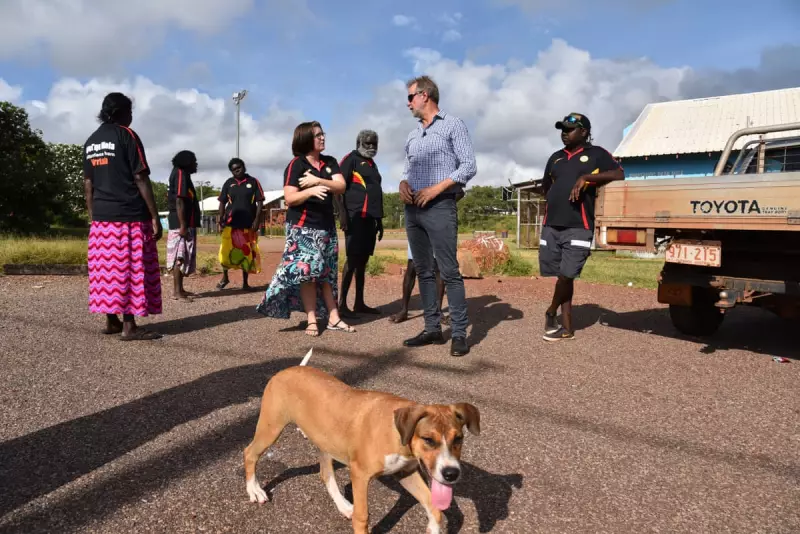
A landmark legal battle has been launched against the Australian government, with a federal class action alleging the controversial Work for the Dole programme systematically discriminates against Indigenous Australians in remote communities.
The Core Allegations
The lawsuit, filed in the Federal Court, targets the Community Development Programme (CDP), which requires participants in predominantly Indigenous remote areas to work significantly more hours for welfare payments than those in non-Indigenous majority urban areas under the comparable jobactive scheme.
Key disparities highlighted in the legal challenge include:
- CDP participants must work up to 760 hours over six months compared to 150 hours for jobactive participants
- Harsher penalty regimes resulting in widespread financial sanctions
- Limited access to proper employment opportunities and training
Systemic Discrimination Claims
Lead applicant Ms Tittor, a Warlpiri woman from the Northern Territory, described the programme as creating "modern-day indentured labour" in remote communities. The class action argues the scheme breaches the Racial Discrimination Act by imposing disproportionately harsh requirements based on race and geographic location.
Human rights organisations have long criticised the CDP, with evidence showing Indigenous participants are nearly 200 times more likely to receive financial penalties than non-Indigenous jobseekers in urban centres.
Government Response and Legal Journey
The case follows years of advocacy and a rejected human rights discrimination complaint. The class action seeks compensation for thousands of affected Indigenous Australians and systemic changes to the programme.
This legal challenge represents one of the most significant tests of racial discrimination law in Australia's welfare system, with potential implications for how employment services are delivered to remote Indigenous communities nationwide.





